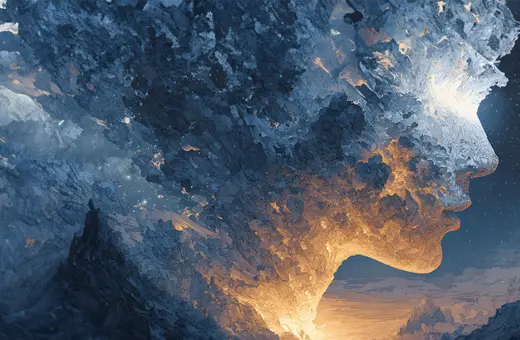Over the past few years, we have witnessed a profound divergence between the heights of our scientific capabilities and the depths of our political failures. Sciences’ emphasis on discovery and collaboration has the power to unite people in the quest for understanding, while our politics often fall foul to divisiveness, fostering pointlessly destructive behaviour. In an age blighted by gratuitous conflict, we must seek to cling to the unifying nature proffered by scientific discovery, writes Avi Loeb.
“Surely, we can distinguish melted shrapnel from stones,” I noted during an online meeting of the Galileo research team yesterday, as we were planning the machinery for the Pacific Ocean expedition to retrieve fragments from the 2014 explosion of the first interstellar meteor. As shown in a recent paper I wrote with Amory Tillinghast-Raby and Amir Siraj, air friction should have brought down the tiniest spherules just under the explosion site and larger fragments farther along the original line of motion of the meteor up to its intersection with the ocean surface. The fragment size distribution depends on the unknown material composition of the meteorite. The object was tougher in material strength than all other 272 meteors in the CNEOS fireball catalog compiled by NASA over the past decade. If the material happened to be an artificial alloy characteristic of a technological space artifact, the expedition might recover centimetre-sized pieces akin to shrapnel. Large pieces could alert us to the original structure and not just the elemental composition of this object.
 SUGGESTED READING
The dangers of science behind closed doors
By Martin Rees
SUGGESTED READING
The dangers of science behind closed doors
By Martin Rees
I then paused for a few seconds of introspection as to why I used the military metaphor of a shrapnel. It occurred to me that on the previous day I was very moved by watching the recent film “All Quiet on the Western Front”. Why did the film resonate so much with me?
The answer is straightforward. I am the grandson of a German Jew — whose full name I carry, as Avi is the nickname for Abraham which is equivalent to Albert in Germany. My grandfather survived World War I as an artillery cavalry soldier stuck in the mud for two years in the bloody Battle of Verdun against the French army, where 700,000 people died. These deaths were pointless; for all the combat that occurred on the Western Front as the major theatre of the War between 1914 and 1918, the front line remained largely static.
The disregard to human life was displayed in the film through numerous scenes where men were sent to be slaughtered by gun bullets or bayonets for no good reason. These views portray the absurdity of life. Humans can cheer as they march towards their death based on a fictitious narrative of political or military authorities.
___
Humans live for merely one part in a hundred million of the Sun’s lifespan, yet they happily engage in bloody battles that shorten their lifespan even farther
___





















Join the conversation